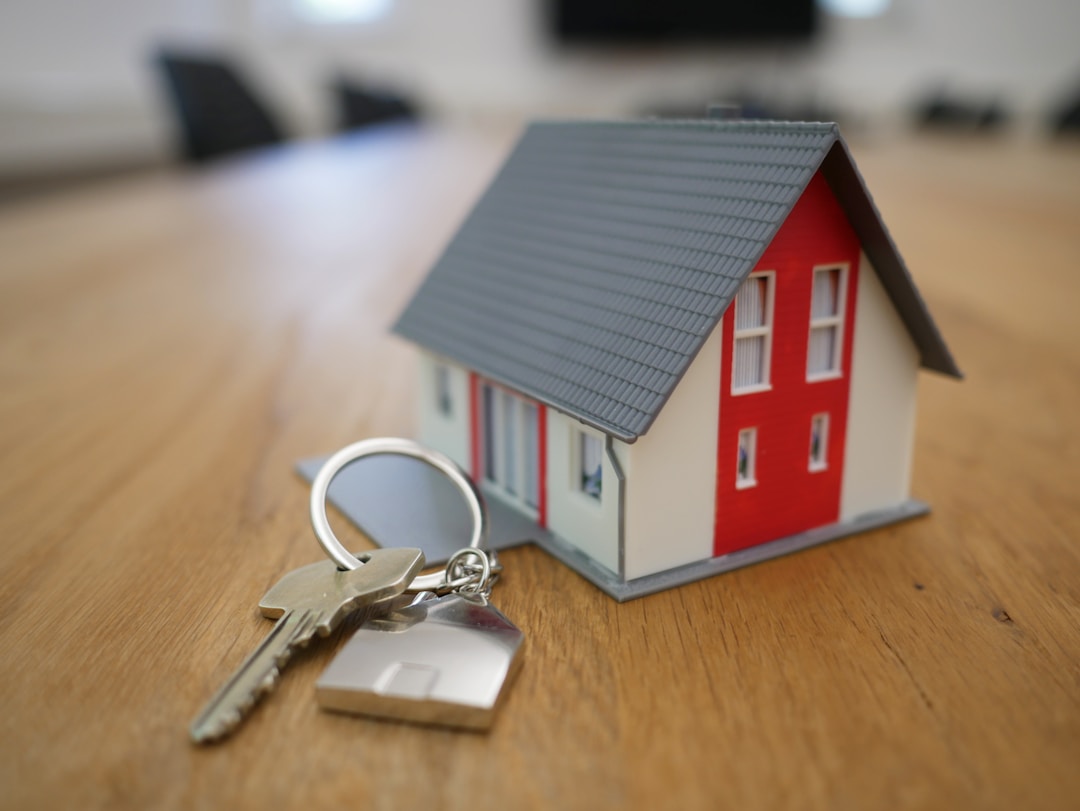When you’re getting ready to buy your first home, it’s easy to get swept up in all of the excitement. If you think you’ve found the perfect property, after all, it only makes sense that you’d try and stake your claim on it as soon as possible. However, before you start signing contracts, making down payments, or meeting with a lender, it’s essential to keep a few things in mind.
Whether you’re hiring an HVAC technician to inspect your potential home or you’re going to review your budget to ensure that you have enough money set aside for your closing costs, here’s what you should keep in mind when you’re getting ready to buy your first home.
Hire a quality home inspector

A home inspector is necessary when you’re buying your first home or upgrading to a new home. An inspection can uncover some complex real estate flaws for prospective homeowners, and it’s the best way to ensure that the agreed-upon purchase price makes sense. In addition, if an appraisal reveals any weaknesses, deficiencies, or other home inspection red flags that could turn off a buyer, the seller may agree to cover these during the sale. If you spot any home inspection problems, it’s always a good idea to discuss this with your real estate agent or broker. It can prevent future instances of buyer’s remorse.
Beyond this, you should also hire an HVAC expert to survey your home. After all, an HVAC is one utility that first-time homebuyers won’t want to have to cover. In the long run, an HVAC system is a great amenity, but it’s not always within a new homeowner’s initial budget or price range. If you don’t think it’s the right time to invest in a complete HVAC system repair or replacement, it’s essential to follow an HVAC technician’s advice following an inspection. A technician can give you tips to promote system longevity.
Get pre-qualified by a lender
Whether you’re looking at a conventional loan or a fixed-rate mortgage, you likely won’t be able to afford your home purchase in cash. Typically, homebuyers work with mortgage companies or FHA loans to determine how much home they can truly afford. This helps homebuyers set a more effective budget. During this time, it’s also important that you get pre-qualified by a conventional lender or mortgage lender. A lender pre-qualification can help you take the next step toward homeownership, so it’s critical that you understand how much house you qualify for based on your finances and your credit score.
When a lender pre-qualifies you, this essentially serves as an educated guess as to how much money you’ll have to pay for your mortgage rate and monthly fees. If you want a lower monthly mortgage payment, it’s often wise to save up a higher down payment or to improve your credit score. Many U.S. homebuyers find this to be an effective way to buy their first house.
Save up for your down payment

Whether you’re using a mortgage calculator or you’re manually setting aside the appropriate amount of money, your down payment can determine the type of property you can buy and the financial products you qualify for. To make a good investment, it’s important to choose a down payment that aligns with your financial goals. You don’t have to go for a 20 percent mortgage payment either. The home buying process is amenable to individuals who have the right amount of money for their chosen products. Your financial products should align with your desired income ratio, too.
Between saving up for your mortgage payments or signing your closing disclosure, it’s always helpful to know what you should consider before purchasing your first house so you can save money and feel confident about your purchase.



